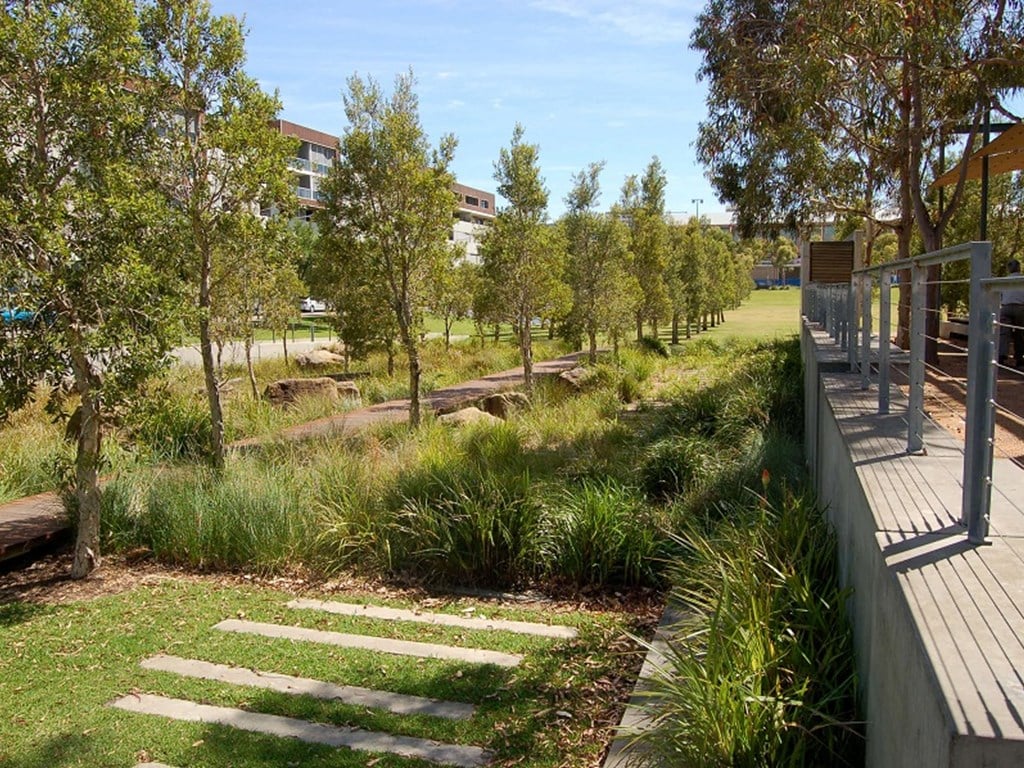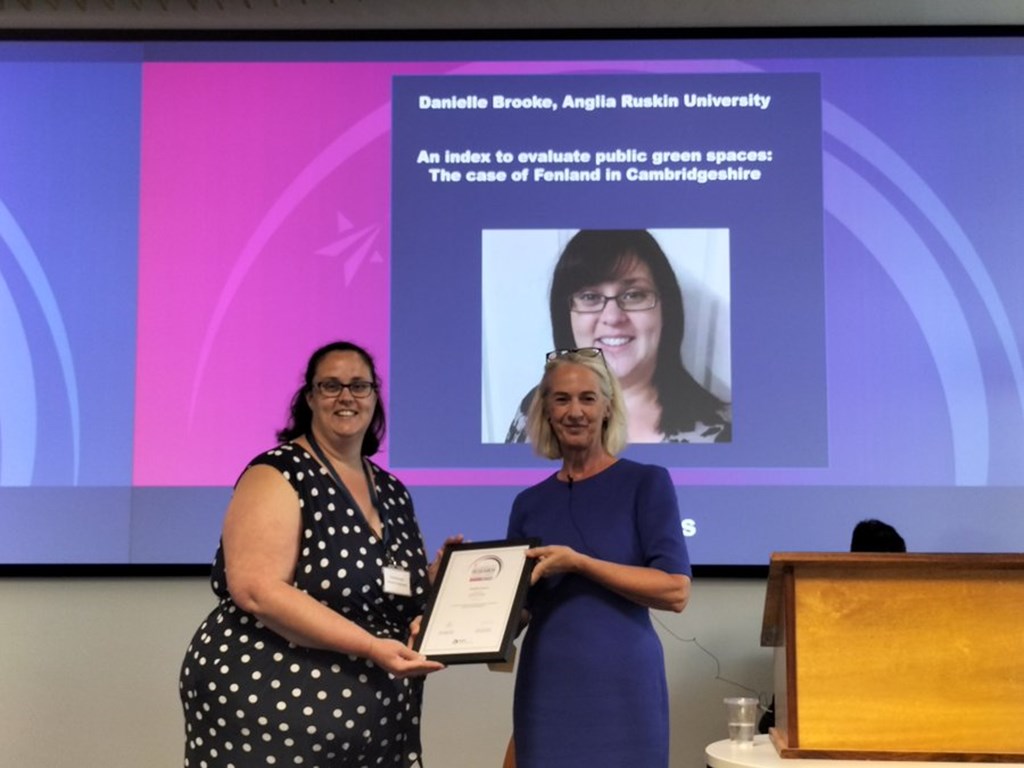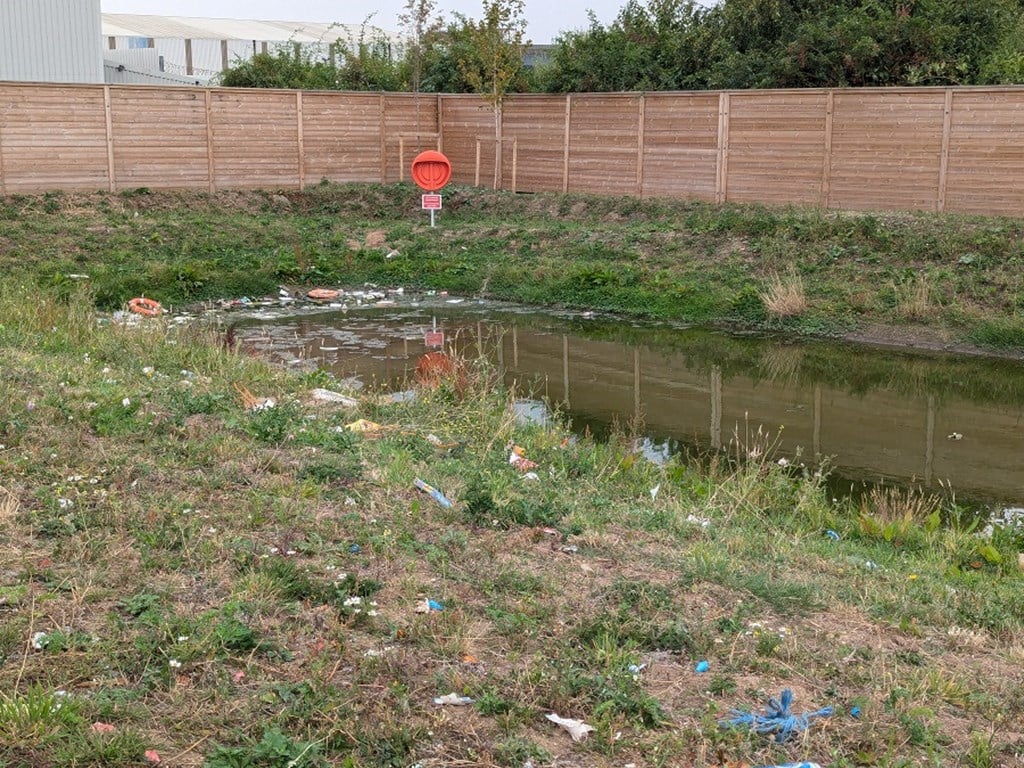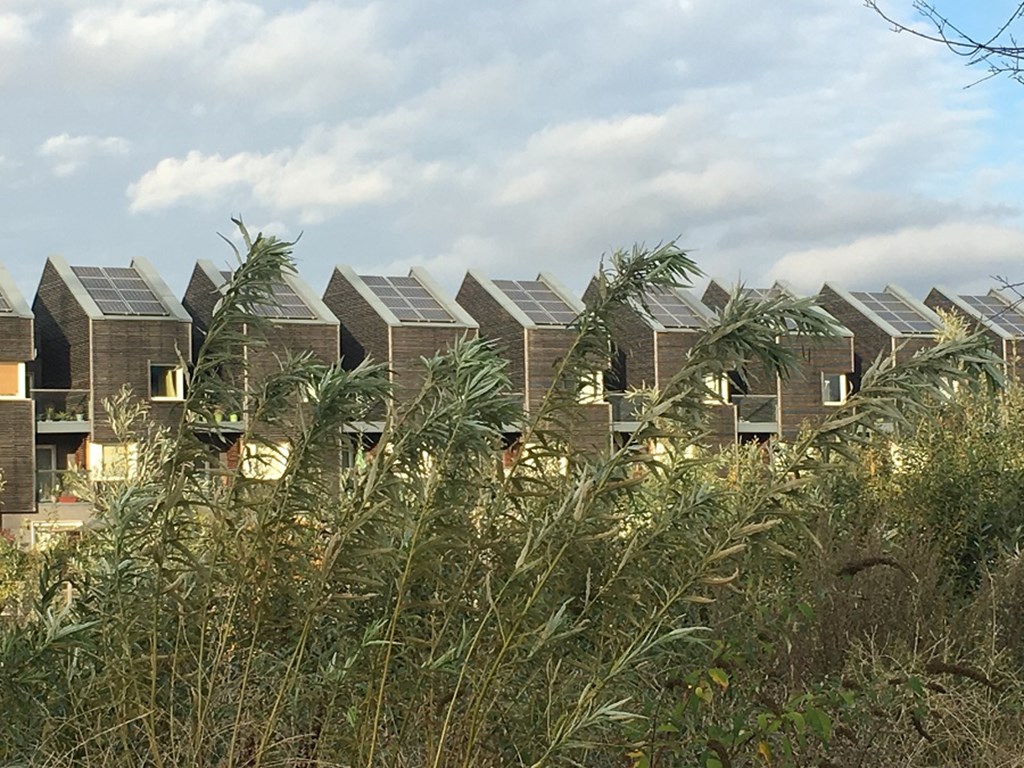Research on planning for biodiversity
This research explores how planning seeks to protect and enhance biodiversity, and whether policies and interventions are adequately protecting nature from the impacts of development.
One project focuses on planning enforcement for biodiversity net gain in England, another investigates whether housing developers in England are delivering their ecological commitments on sites, and a third considers how to improve understanding of the economics of biodiversity so that developments can deliver better outcomes for nature.
We include an RTPI award-winning research project that created an index to evaluate public green spaces in Fenland market towns in Cambridgeshire.
We also include an Interface collection from the Planning Theory and Practice Journal, which includes several essays on planning for nature recovery in the UK and beyond.
Biodiversity
The biodiversity crisis – planning for nature recovery?
The March 2023 Interface collection tackles a timely and urgent challenge - how the planning profession can contribute to nature recovery.

An index to evaluate public green spaces: The case of Fenland in Cambridgeshire
Danielle Brooke's research on a tool for evaluating public green spaces in Cambridgeshire Fenland has the potential to create real change in the industry.

Lost nature: Are housing developers delivering their ecological commitments?
This study investigated whether ecological enhancements conditioned by Local Planning Authorities were present on new housing estates after build-out.

Planning enforcement: Biodiversity Net Gain (BNG) preparedness
Undertaken alongside the rollout of Biodiversity Net Gain (BNG) in England, this research investigated the preparedness of planning enforcement to support it.

BiUrbs: Valuing biodiversity in urban areas and new developments
The BiUrbs project aims to improve understanding of the economics of biodiversity in new developments to help support its conservation and enhancement.

